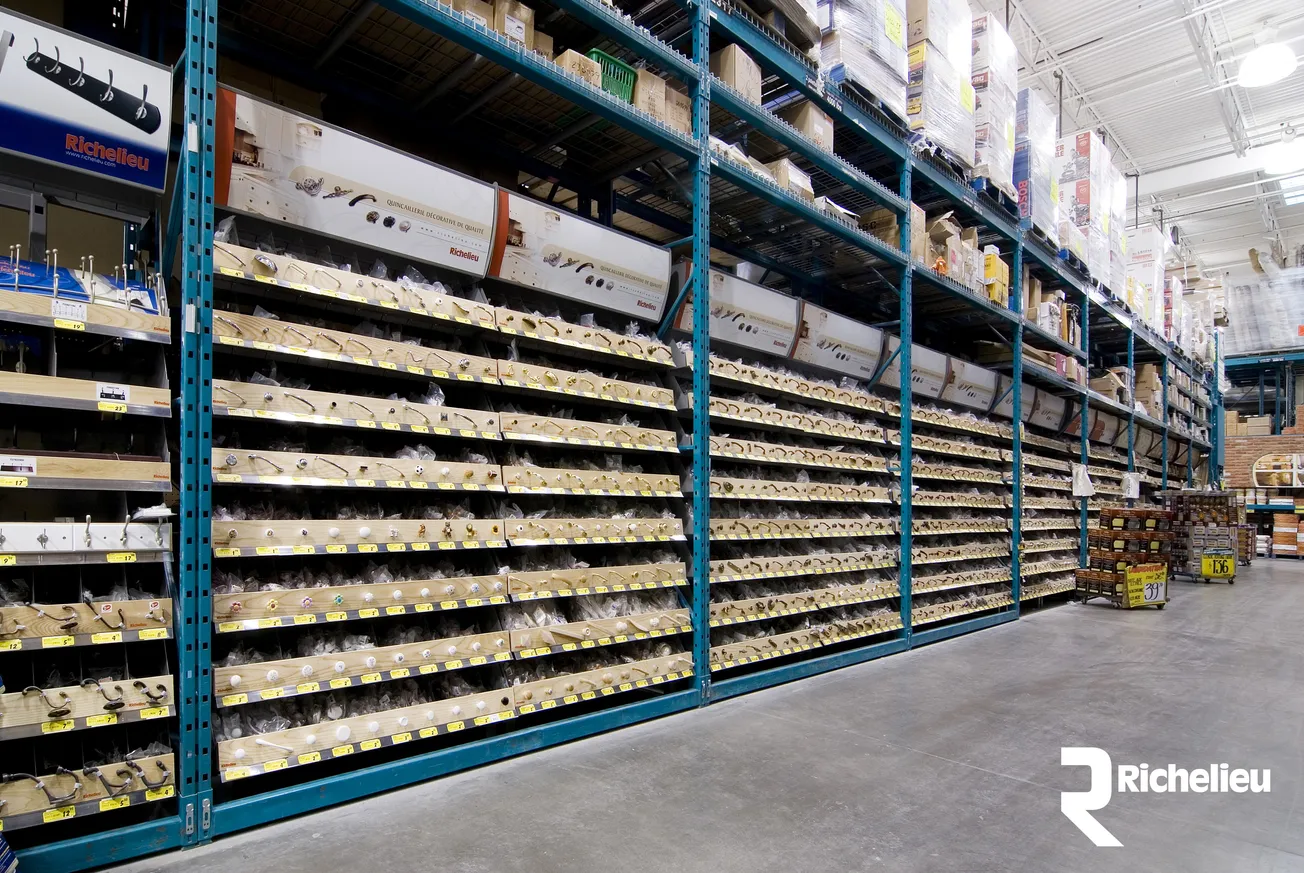Table of Contents
In late 2016, the EPA published a final regulation governing formaldehyde emissions from composite wood products. Manufacturers, distributors, retailers and importers of products containing composite wood — such as kitchen cabinets, furniture, architectural moulding, flooring and many others — will need to review the regulation closely to understand their potential requirements. In the following Q&A, which is the second part of a two-part series, Jackson Morrill, president of the Composite Panel Association (CPA), addresses some of the requirements and highlights sources of additional information to help affected stakeholders comply with the regulation.
Who else is covered under the regulation beyond manufacturers of composite wood panels?
While manufacturers of composite wood panels still bear the majority of the regulation’s requirements, there are also requirements that apply to fabricators, which are companies that make component parts or finished goods out of composite wood. Fabricators that make component parts using a wood or woody grass veneer (such as bamboo) attached to a composite wood core may also meet the definition for “laminated product” producers, which triggers a number of additional requirements. Finally, retailers, distributors and importers also have regulatory obligations.
What are the regulatory requirements?
The regulation’s requirements for manufacturers, importers, distributors and retailers center on ensuring that component parts and finished goods going to end users contain compliant composite wood and that this is documented throughout the supply chain. To that end, fabricators must begin using compliant composite wood panels in all component parts and finished goods by Dec. 12, 2017, or be able to prove either that the composite wood panels or component parts were manufactured before that date or were in their inventory prior to July 12, 2017. Fabricators must also keep all bills of lading, invoices or comparable documents demonstrating the purchase of compliant composite wood for three years and label all finished goods with producer’s name, date of production and statement of compliance starting Dec. 12, 2017. If fabricators are making “laminated products” with a urea formaldehyde glue used to attach the veneer, requirements for certification and testing would kick in on Dec. 12, 2023.
After Dec. 12, 2017, retailers and distributors may not sell composite wood panels or components or finished goods containing composite wood products that do not comply with the emission limitations unless the composite wood products were made before that date or were in inventory before July 12, 2017. Retailers and distributors must also meet recordkeeping requirements (i.e., bills of lading, invoices for three years) beginning Dec. 12, 2017. Retailers in particular should take note that the regulation does include a de minimis exemption for finished goods or component parts sold directly to end users if its composite wood content does not exceed 144 square inches on its largest face. This exemption applies only to labeling; products such as small picture frames and others that meet the de minimis definition must still be made with compliant composite wood and comply with recordkeeping requirements.
The new regulation also imposes an import certification requirement that will be triggered Dec. 12, 2018, for all importers of composite wood panels and component parts or finished goods destined for end use. While the details still need to be developed, essentially importers must declare that imported composite wood panels, component parts or finished goods comply with the regulation. Any violations will be subject to both civil and criminal penalties under the federal Toxic Substances Control Act.
Is there a sell-through provision?
All composite wood panels, component parts and finished goods containing composite wood panels made or imported before Dec. 12, 2017, may be sold at any time. After Dec. 12, 2017, any composite wood panel made or imported directly or to a component part or finished good fabricator must meet the regulatory requirements. Notably, the regulation places limits on stockpiling, so product manufacturers will need to review this carefully in preparing for the Dec. 12, 2017, compliance date.
Any issues with the final regulation?
Yes. The regulation as currently written prohibits the labeling of composite panels and finished products as compliant before the Dec. 12, 2017, compliance date. As a result, composite panel producers and finished goods manufacturers will be required to within one day change their labeling to indicate compliance. This will pose immense problems for the supply chain, and particularly imports, due to the challenges faced in managing inventory to ensure that companies are using compliant products.
CPA and other stakeholder groups have made it clear to EPA that this provision is untenable, and we are pressing for a change to allow for truthful, voluntary labeling of compliant product before the Dec. 12, 2017, compliance date. The good news is that should EPA make this change, the North American composite panel industry would be well positioned to begin providing customers with compliant composite wood that may be labeled as such. For several years now, the industry has voluntarily committed to making all composite wood panels in compliance with the California formaldehyde emissions standard, which is the standard applied by the EPA regulation and widely recognized as the most stringent in the world today.
Where can I get more information?
The regulation is publicly available and may be downloaded from the Federal Register by searching for 40 CFR Part 770 (Dec. 12, 2016). The EPA has also provided a website that includes guidance documents targeting specific stakeholder groups and fact sheets and FAQs for consumers and regulated stakeholders. Finally, a number of trade associations such as CPA that are focused on key affected stakeholder groups – such as the Kitchen Cabinet Manufacturers Association (kcma.org) and the American Home Furnishings Alliance (ahfa.us) — can serve as resources.
For more information, visit U.S. EPA at https://www.epa.gov/formaldehyde and the Composite Panel Association at www.CompositePanel.org.






